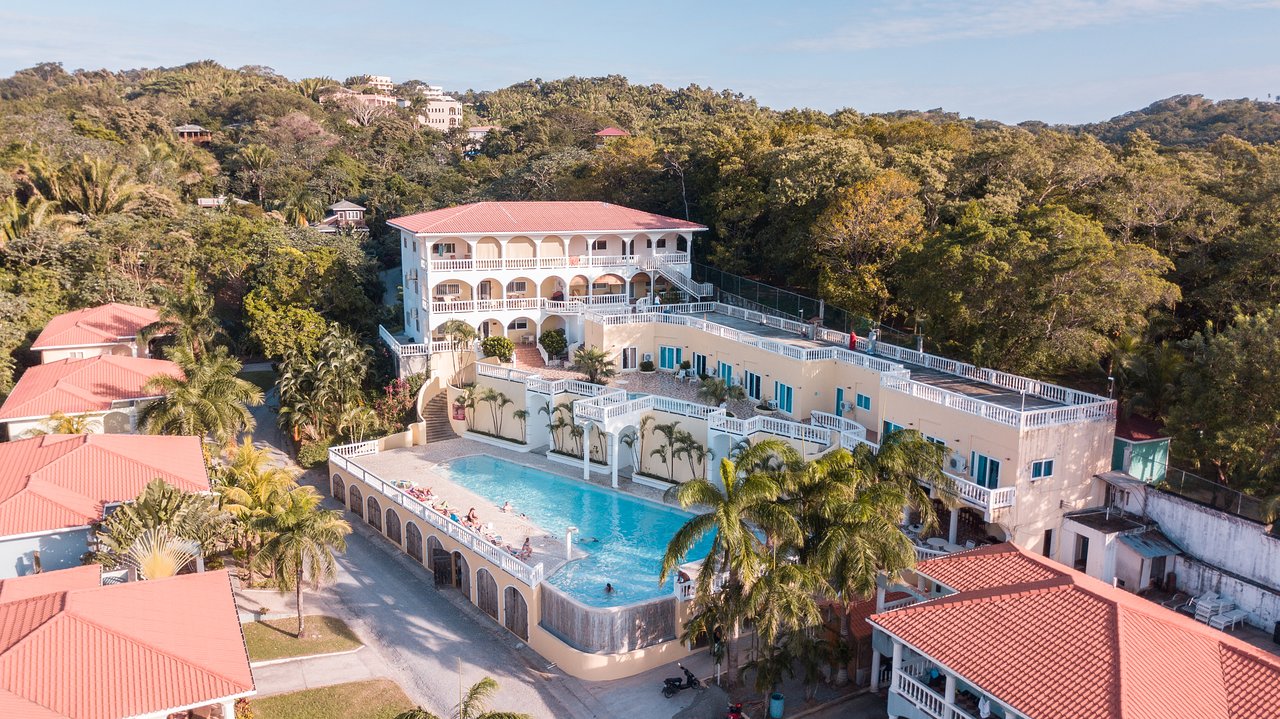
Swim carefully when investing abroad:
Kathy Berner from Regency Property Management and Real Estate recently travelled to the Caribbean to carry out due diligence on a unit. She shares her experience with CREW
Investing abroad is not for everyone. Follow these steps before you sign on the dotted line.
- Experience. You want to experience how long it actually takes to travel to your dream destination. Having to take three flights, a short taxi ride, a two-hour ferry ride, a three-hour bone-shaker of a van ride, and then another 30 minute bumpy car ride to get to your vacation spot may not exactly be an ideal property for rental or for re-sell purposes.
- Crime rate. If your route to get to your vacation spot is directly through drug trafficking territory, this may not be ideal for the typical unsuspecting Canadian. Petty thefts and break-ins are normal, but armed robbery and kidnappings are also entirely possible.
- Local Economy. Every town has a certain level of prosperity or a certain level of poverty that can easily be observed. Buyers should be honest with themselves and decide whether or not they can or cannot live amongst this level of poverty.
- When developers promise a ‘gated community’, you want to make sure it actually is securely gated and guarded. ‘Gated’ to me means large iron gates or walls around the whole development with an armed guard 24/7 at each gate. Anything less than that is not gated in my opinion and would not be satisfactory.
- Property Manager. You must hire someone you trust to inspect and open up your property on a regular basis even if you choose not to rent out your property. Vacation rental property management fees are typically more expensive than long-term rental or house-checking management fees.
- Squatters may have certain rights in a particular country.
- The high humidity and heat, especially during rainy season, can cause a lot of damage so properties need to be regularly opened up, aired out and also sprayed with pesticide to debug them.
- Hidden costs. The going rate for real estate commissions in many luxury islands can be high, around the nine to 10 per cent mark. Many countries also charge an airport tax (usually about $50 per person) something you don’t hear much about until you are actually leaving the country. Prices can also vary between low and high season, including taxis and day trips.
- Title. Investors need to transfer the title into your own name. Buyers should check whether it is legal or not for foreigners to ‘own’ land in that particular country. Sometimes it’s not allowed. However, this usually isn’t a huge problem in itself, as there are systems in place where a trustee can be hired to hold the title for the foreigner. In Mexico, the bank is the official title-holder of our condo and we pay a small fee per year for this service. However, investors can get into real trouble when they don’t get the title transferred into their name at the time of purchase because of the land transfer taxes and the associated legal fees, which can be into the several thousands of dollars. (like $25,000). In some cases, the developer will be all the more happy to ‘hold the title for the buyer’ until they are ready to come up with the outrageous fee. If then the developer ever goes bankrupt the government or the bank will be the new owner of your unit making it impossible for you to ever sell.
by Kathy Berner






